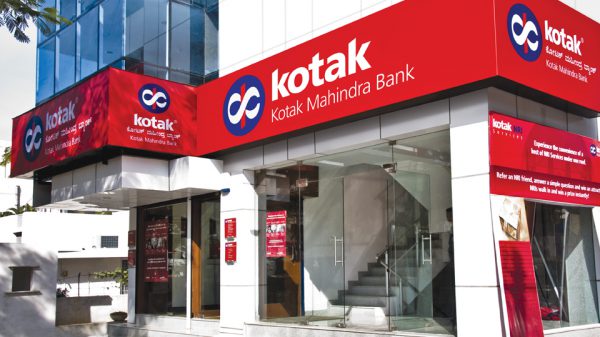“The proposed CNAP framework if implemented in its current form can pose a grave danger to citizens’ privacy and the exercise of other constitutionally protected fundamental rights,” read the submission by the Internet and Mobile Association of India (IAMAI) to the Telecom Regulatory Authority of India (TRAI). The submission is part of the comments received by TRAI to its consultation paper on the introduction of Calling Name Presentation (CNAP) in telecommunication networks. You can read our summary of the paper here. What is the IAMAI: It is an industry body representing the interests of internet businesses. It counts companies such as Apple, Airtel, Ola, Swiggy, Google, Meta, Netflix, among its members. Harms privacy: The submission said that the proposal poses a material risk to the rights of Indian citizens as it expands the mandate of caller line identification (CLI) to disclose the personal name of the caller. The measure poses a “significant privacy risk” to individuals who do not wish to be identified due to various reasons. For example, the risk to life and property, witness protection, whistle-blower protection, risk of retribution, etc. “Going ahead with the current CNAP framework may adversely impact individual freedom and therefore is not advised,” the submission suggested. Why it matters: It is important to parse the comments received by TRAI on its proposal because it looks to address the problem of unsolicited commercial communication which remains a nuisance despite a do-not-disturb (DND) registry. Furthermore, it is critical to examine IAMAI’s submission because it represents…





























